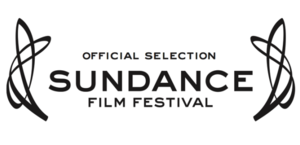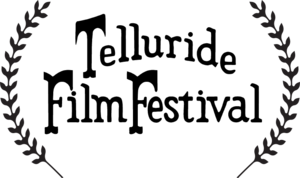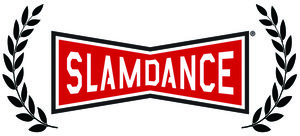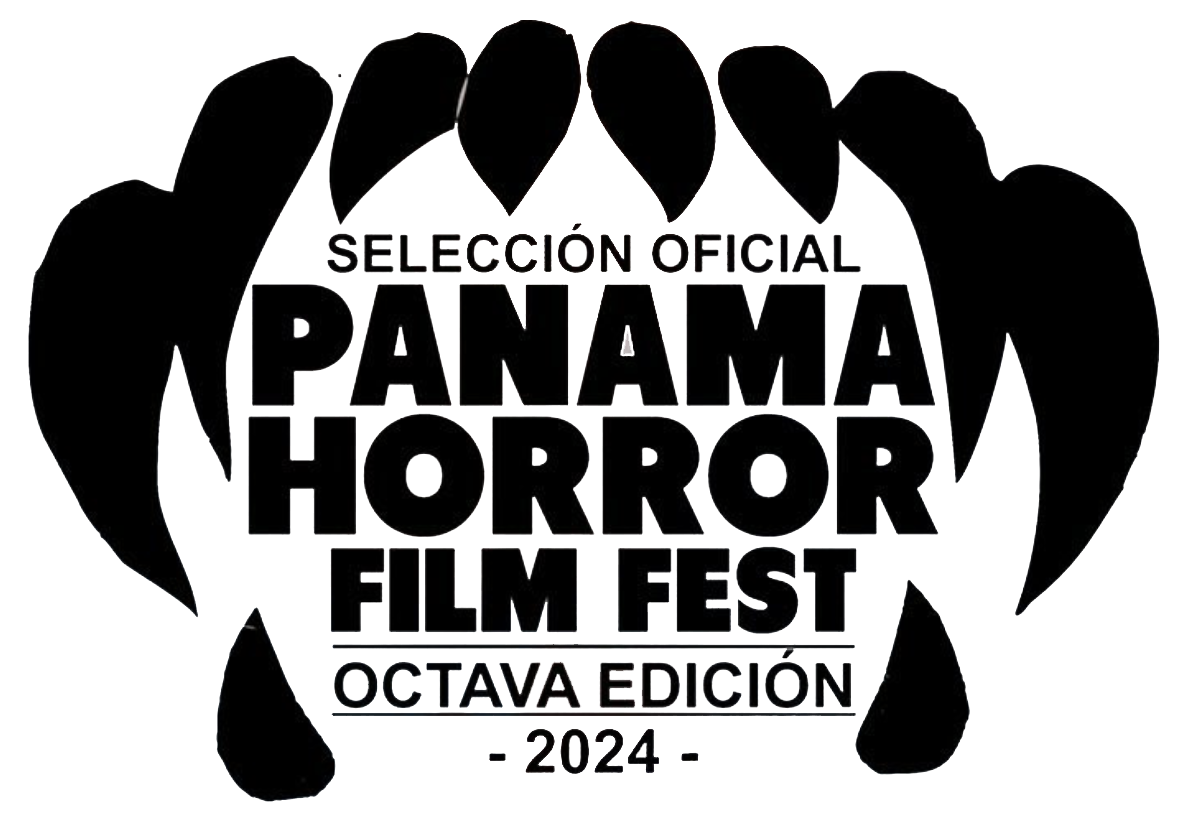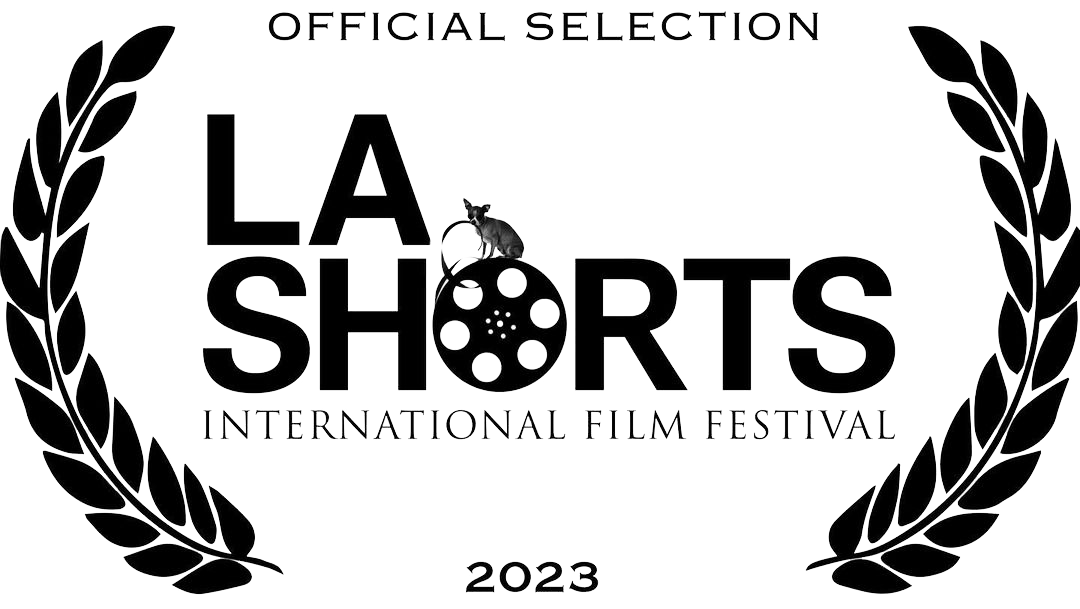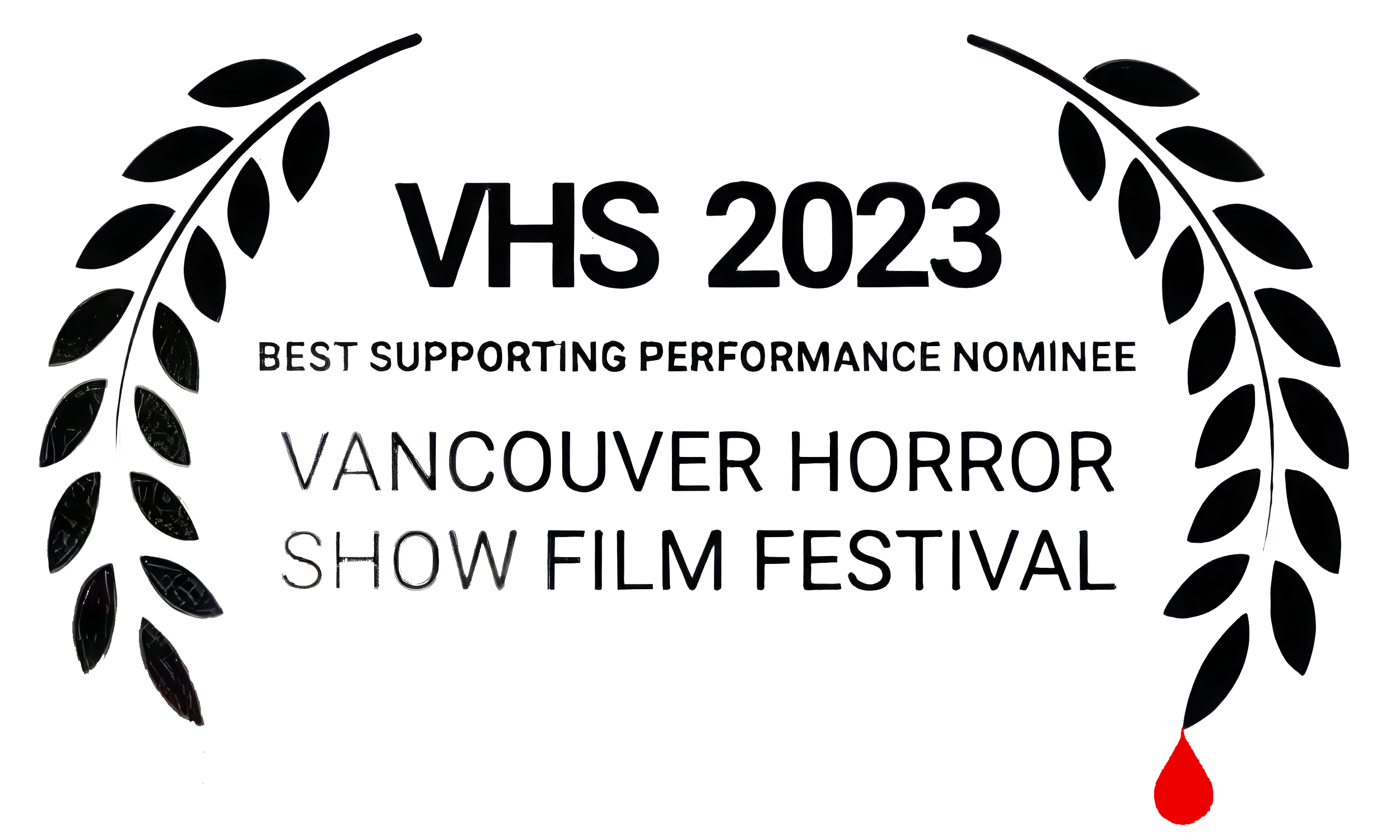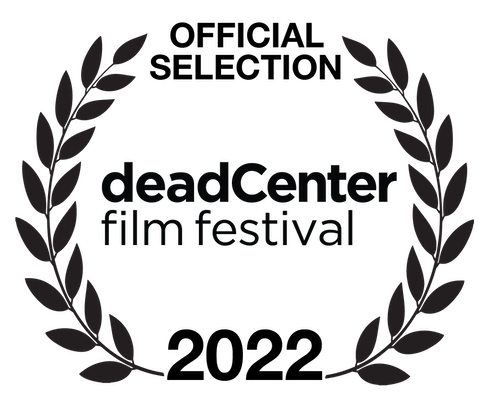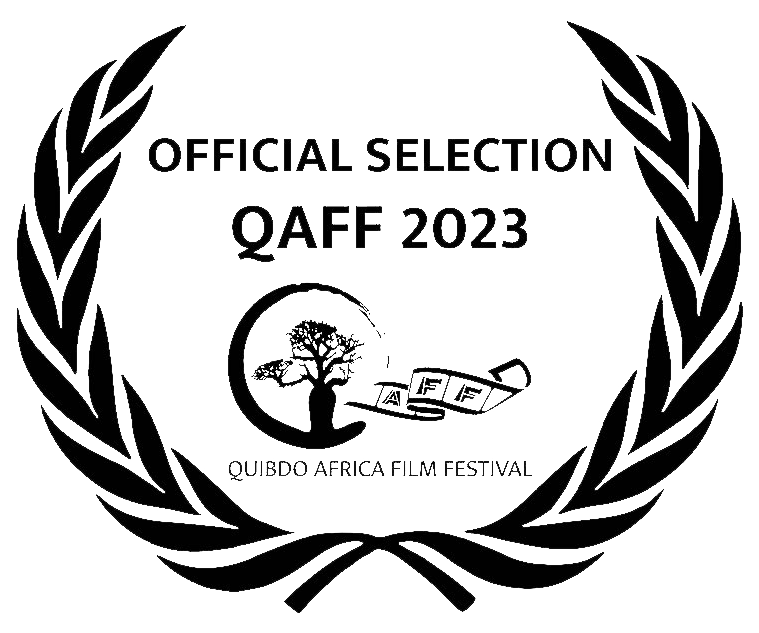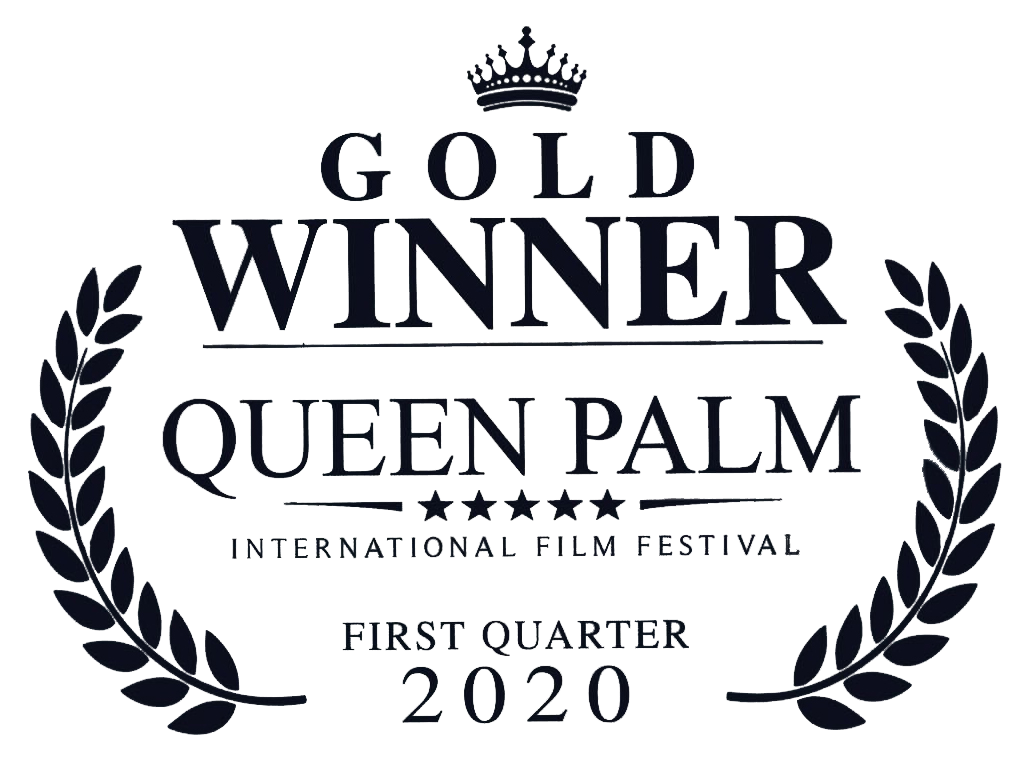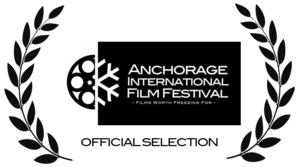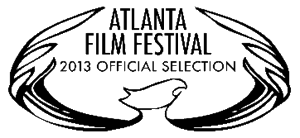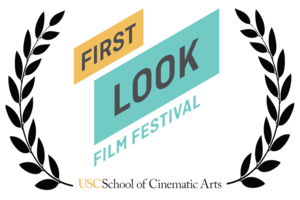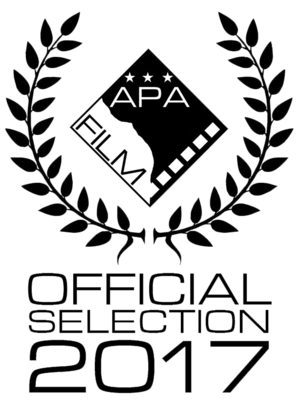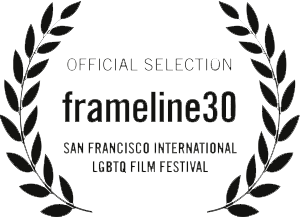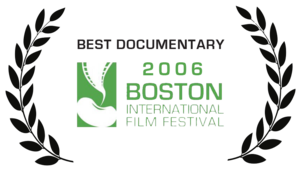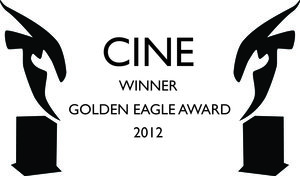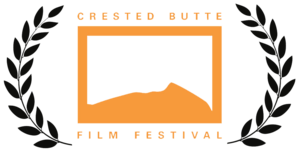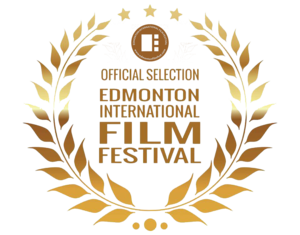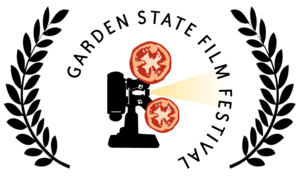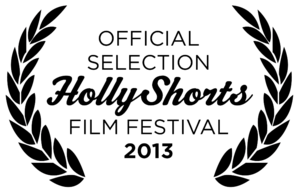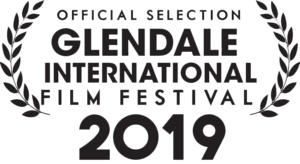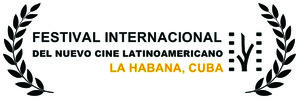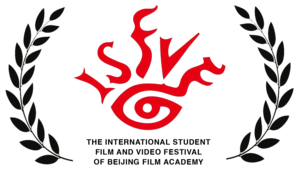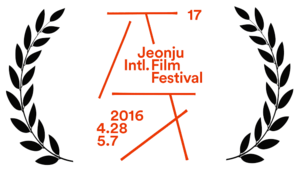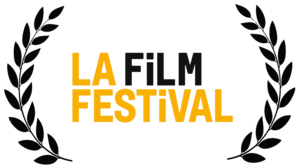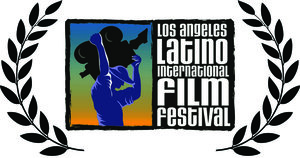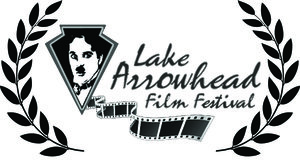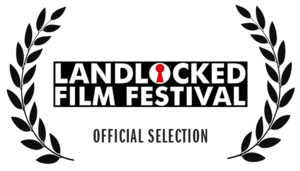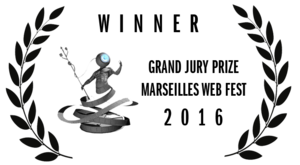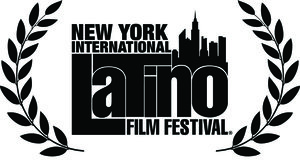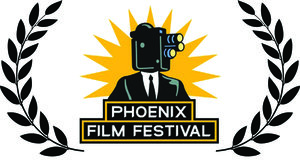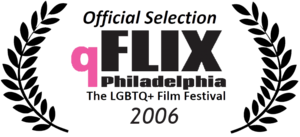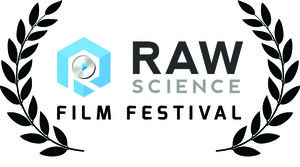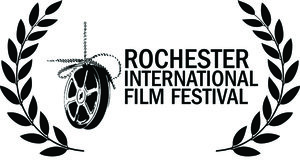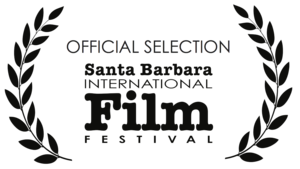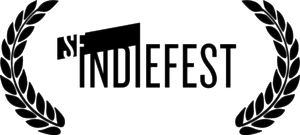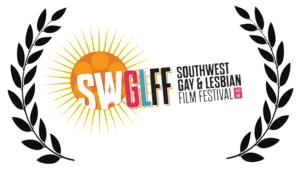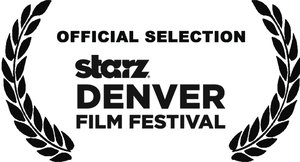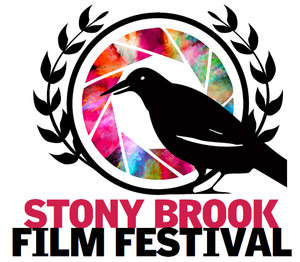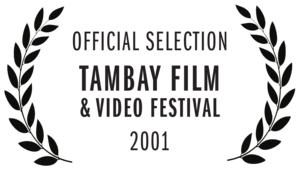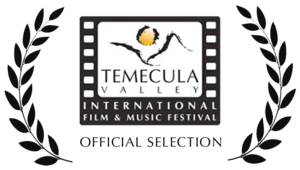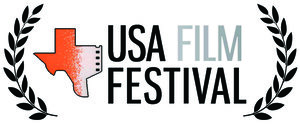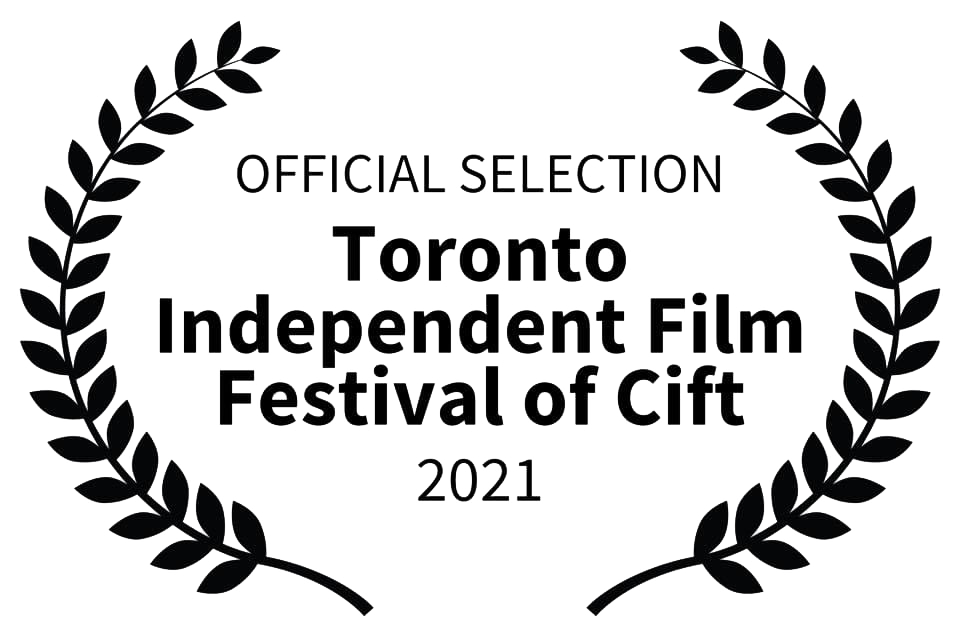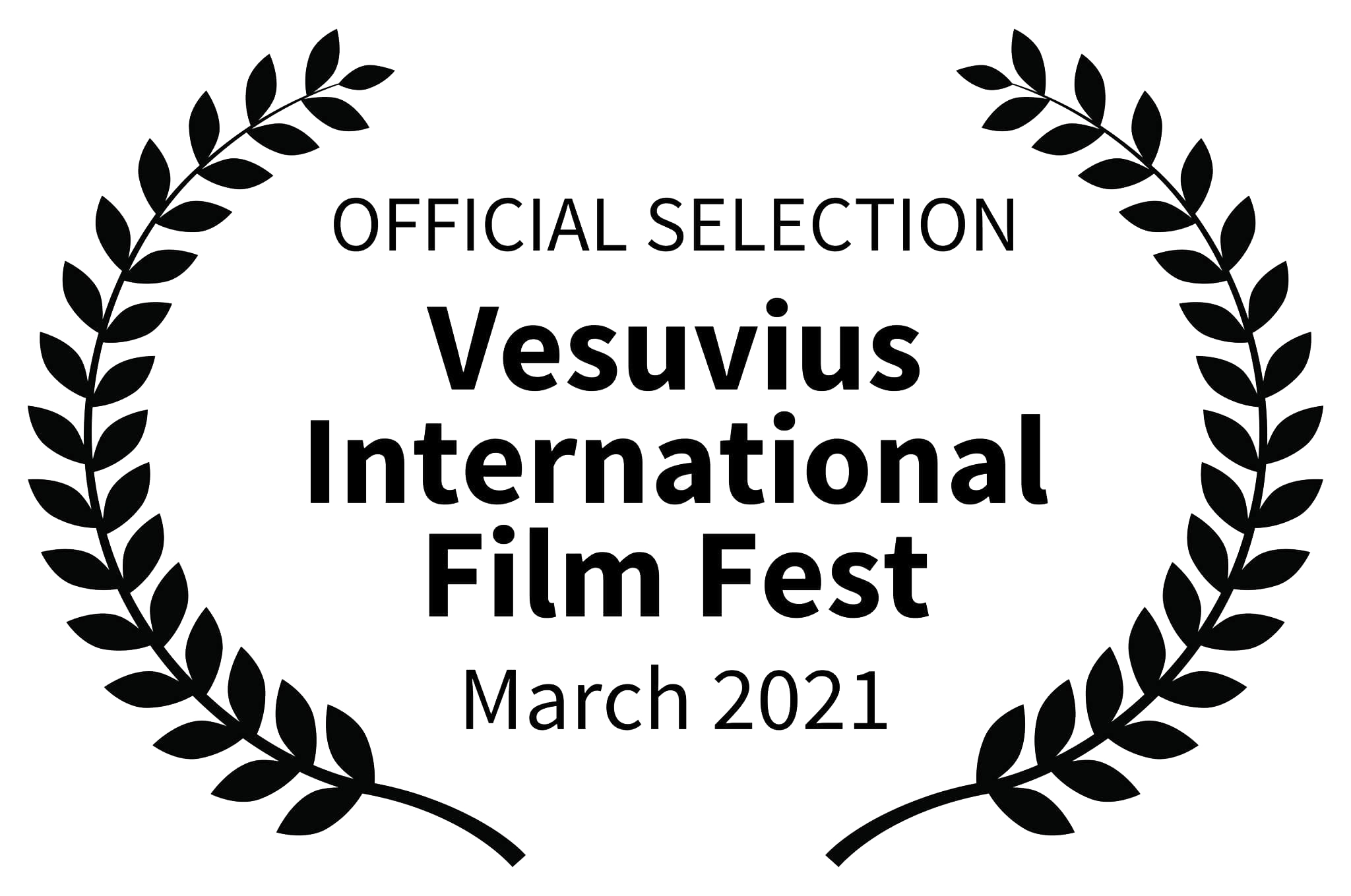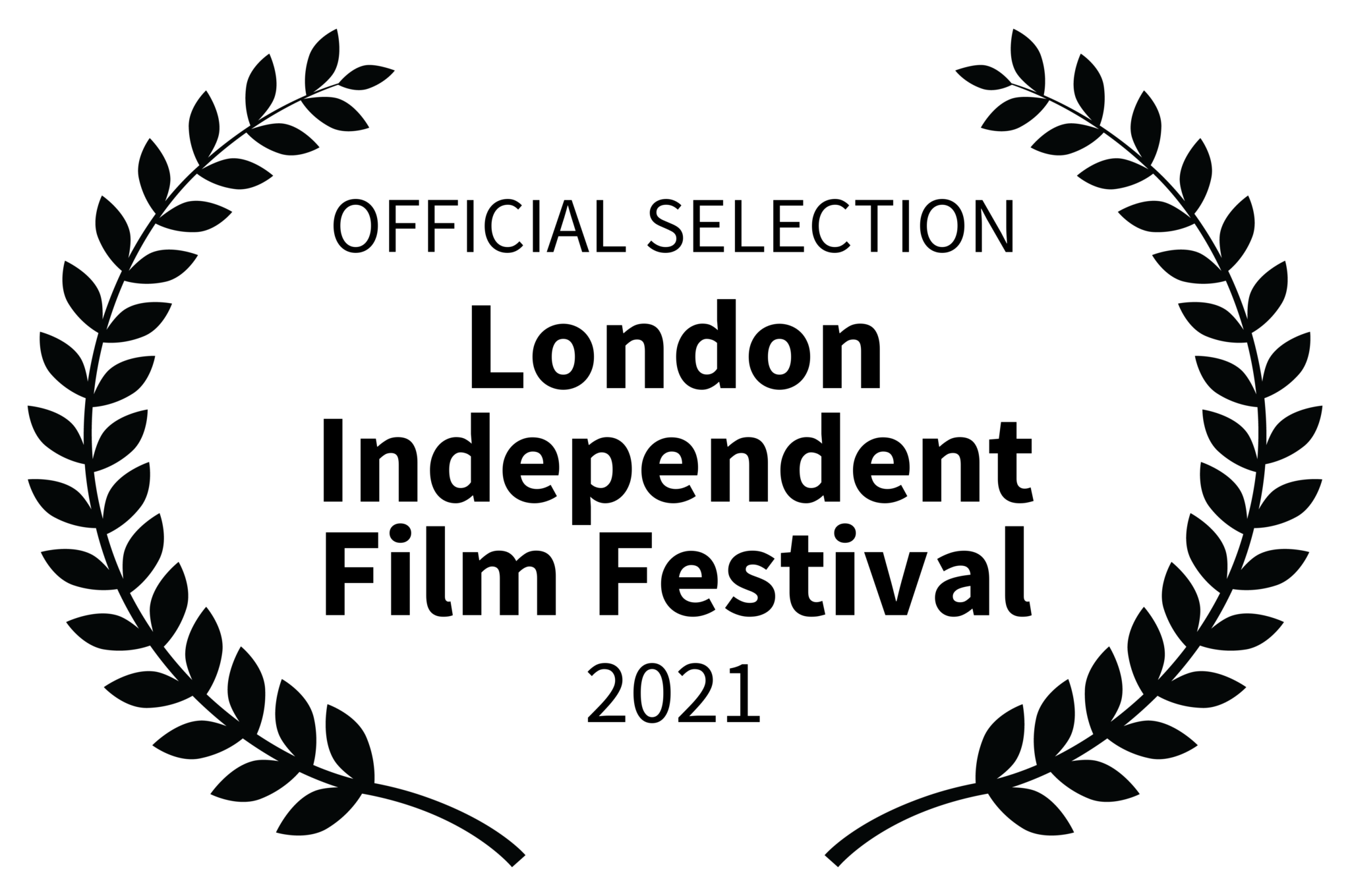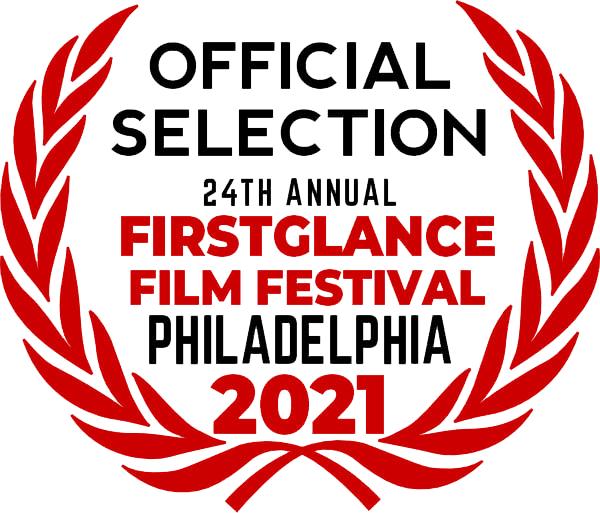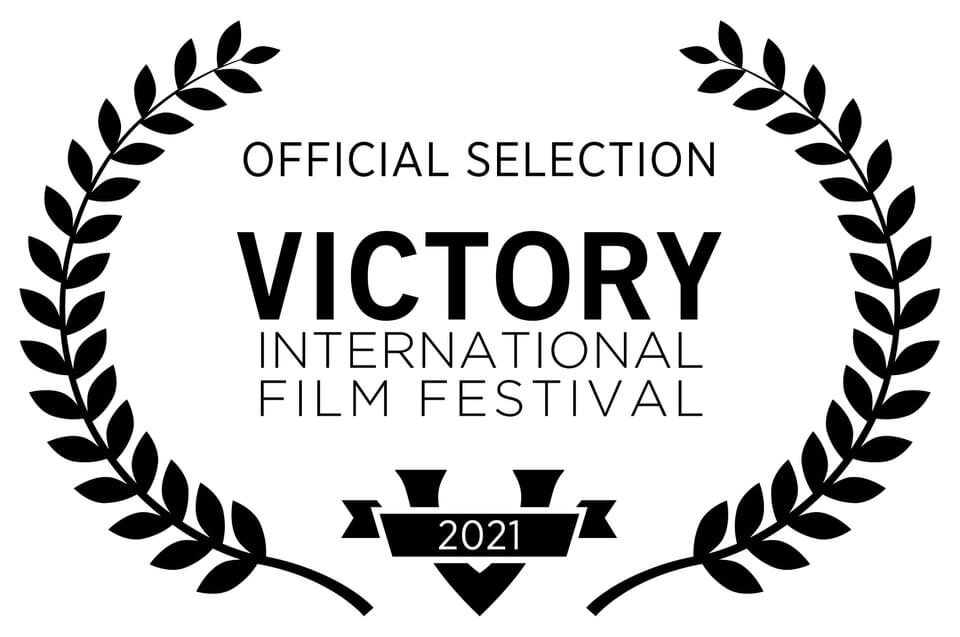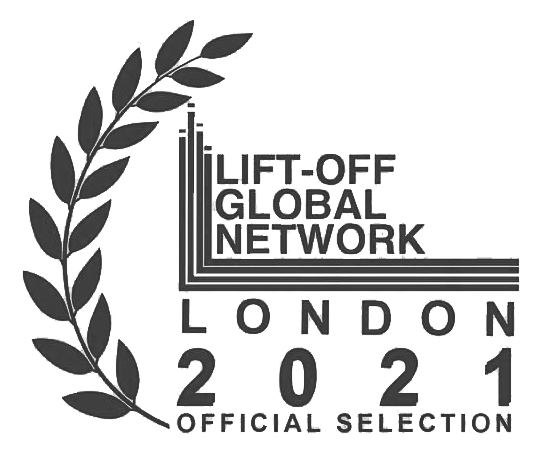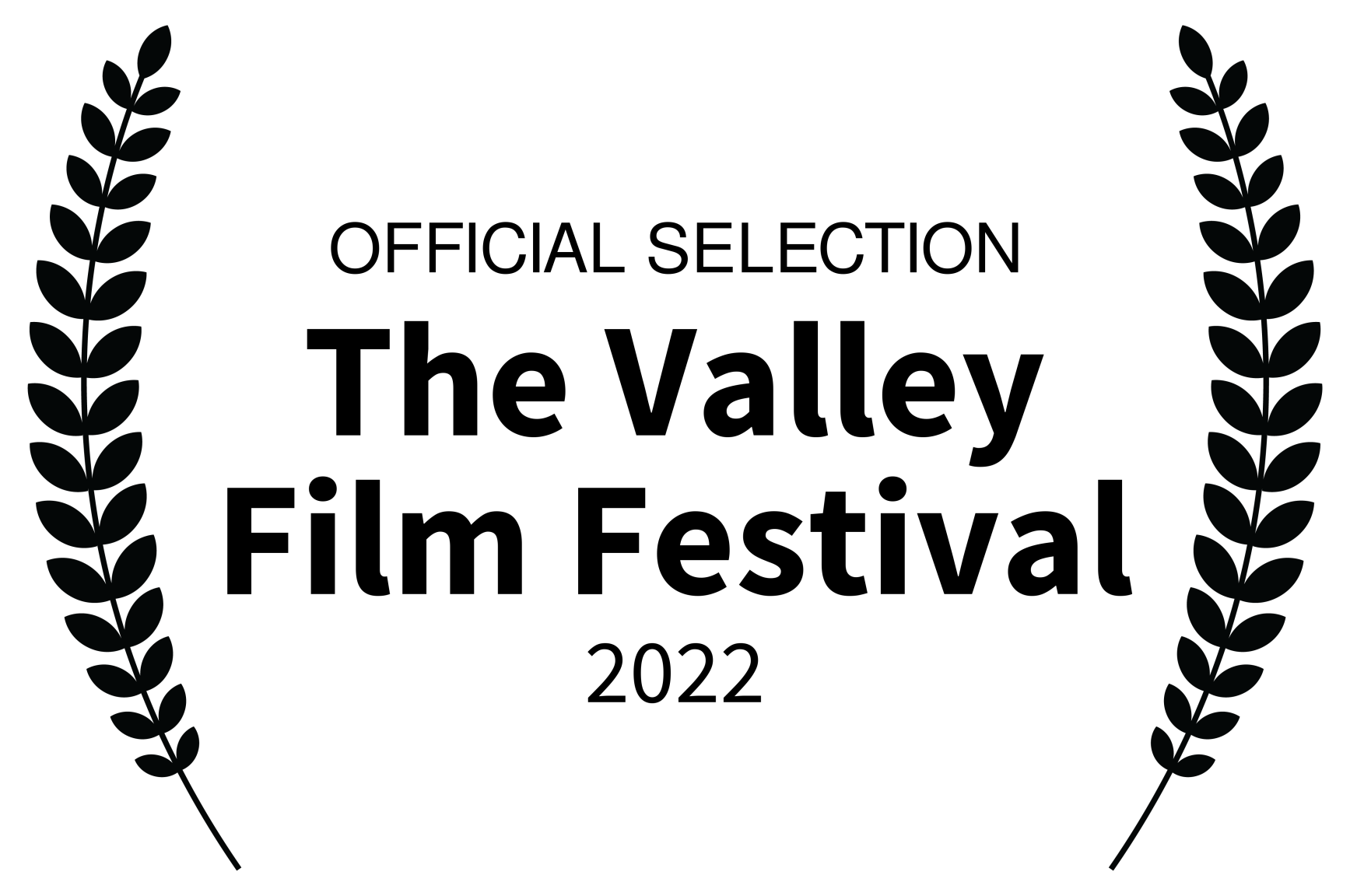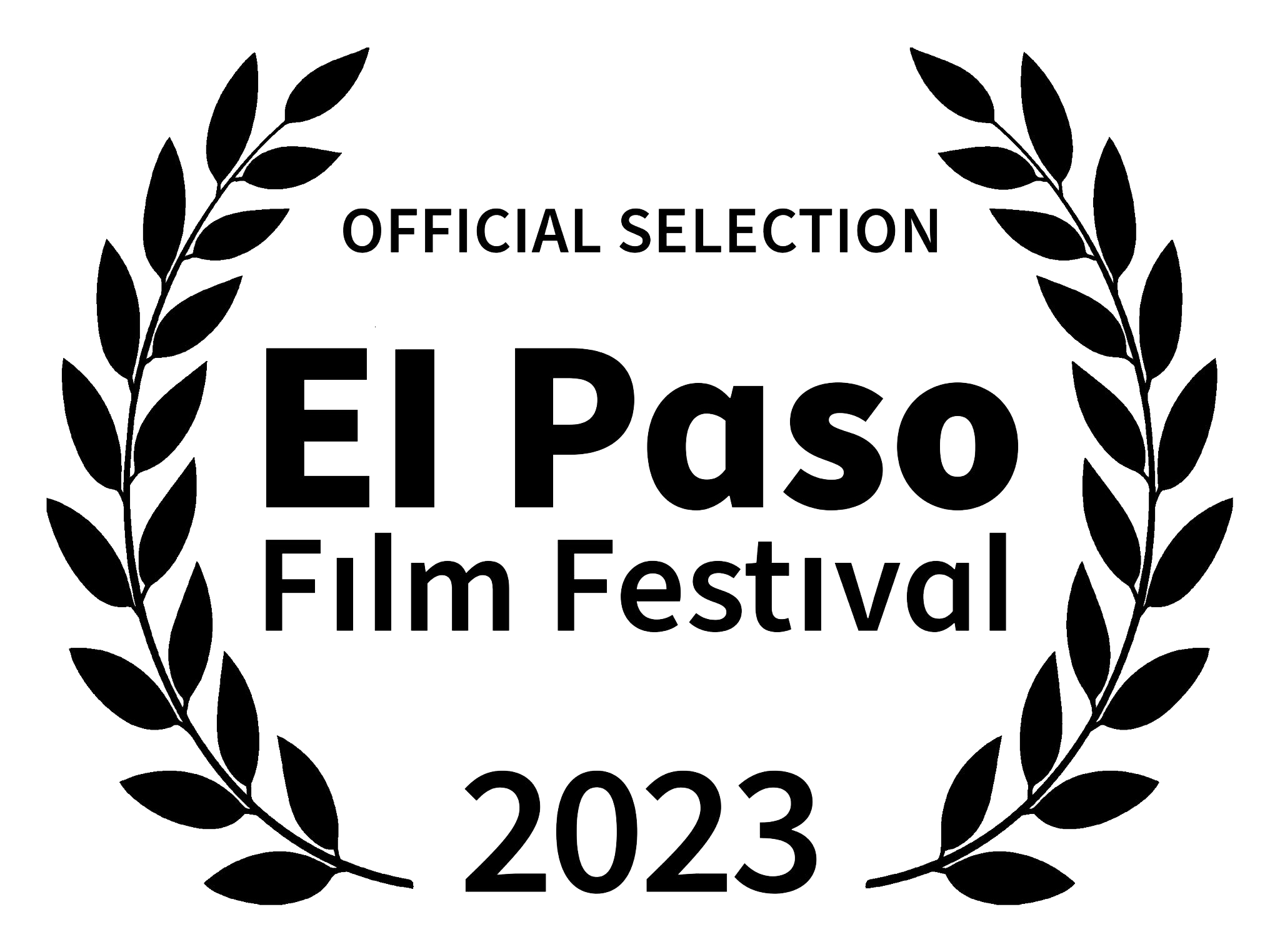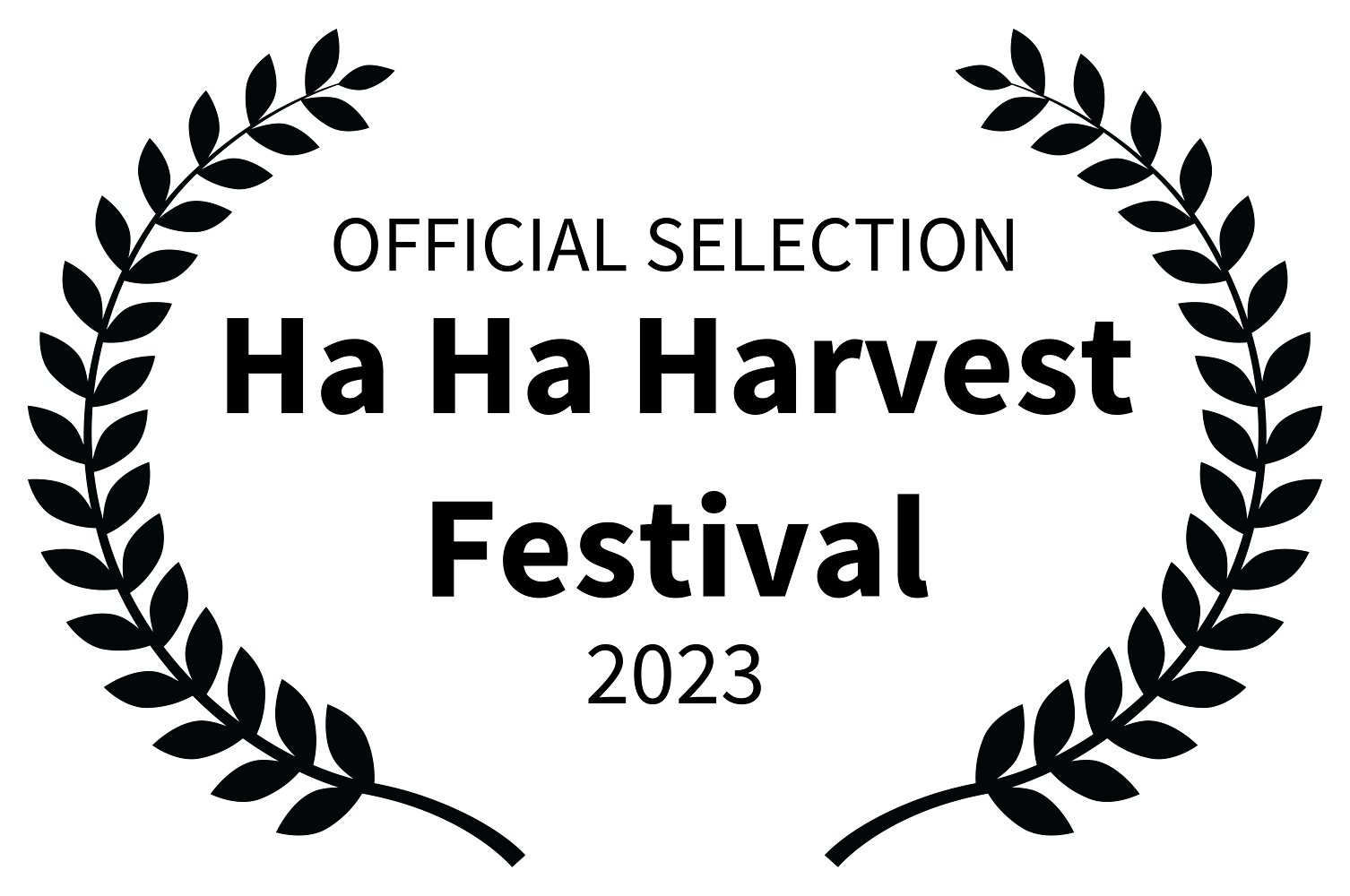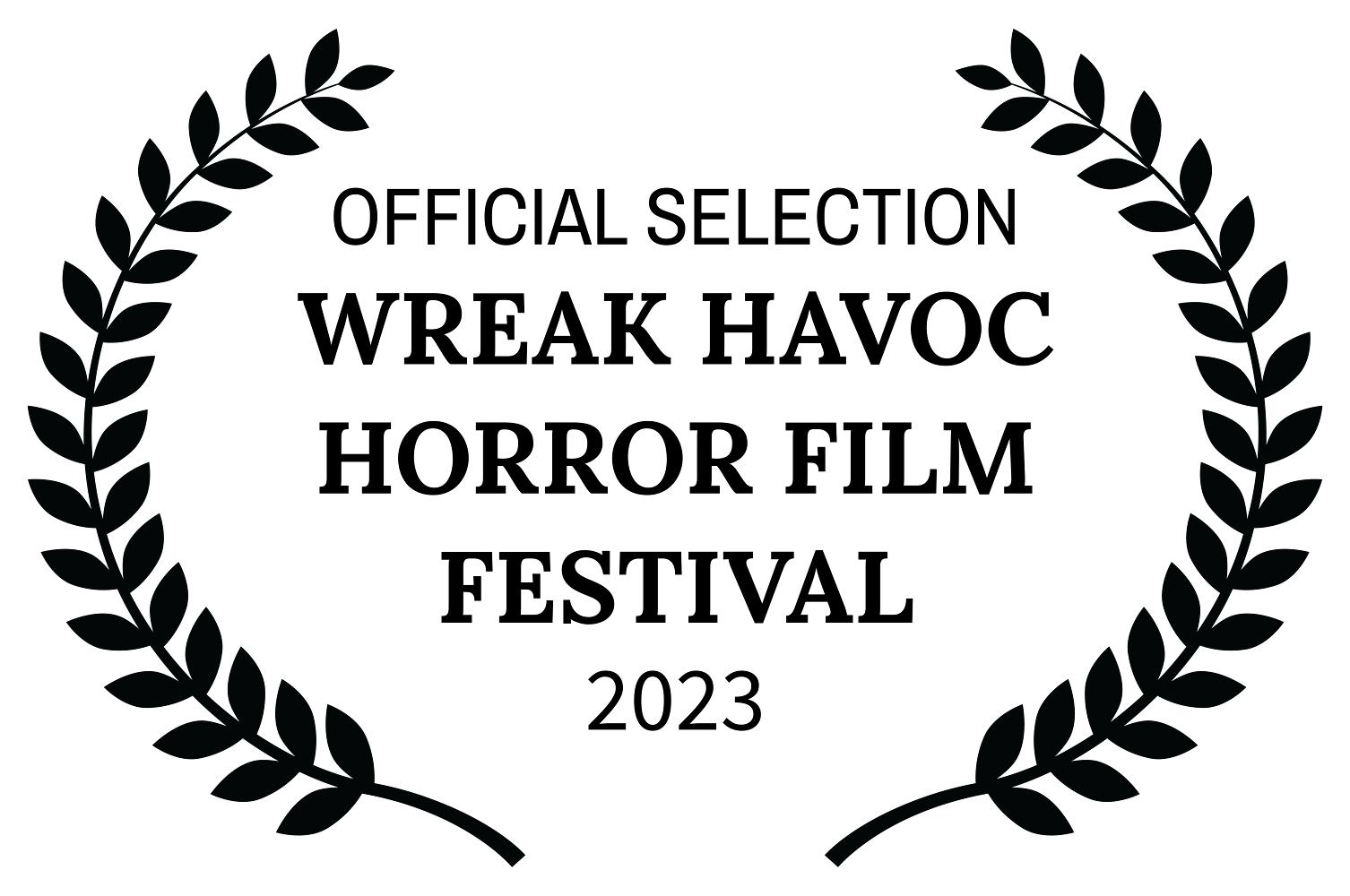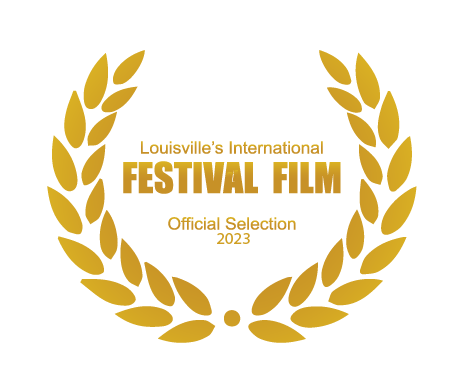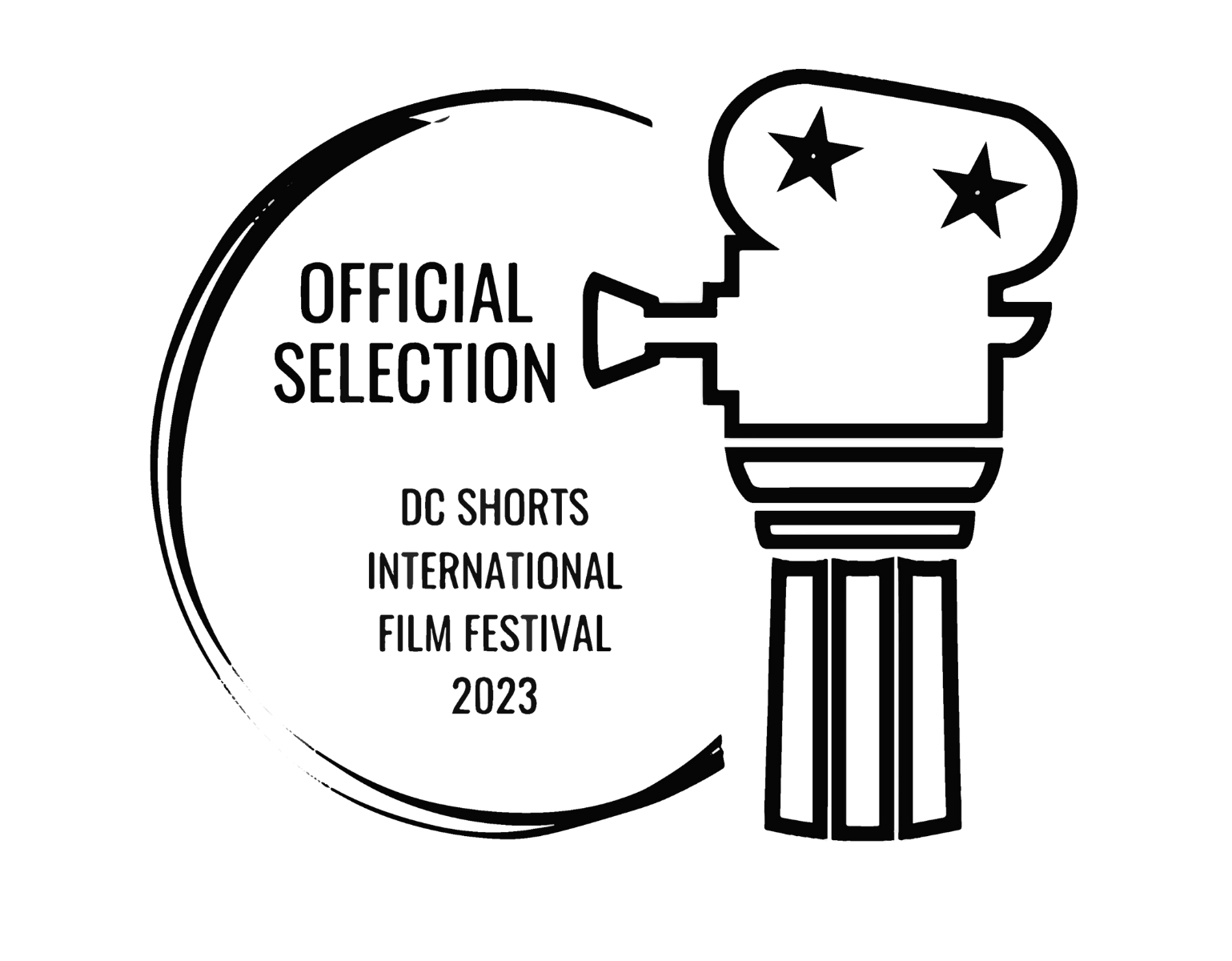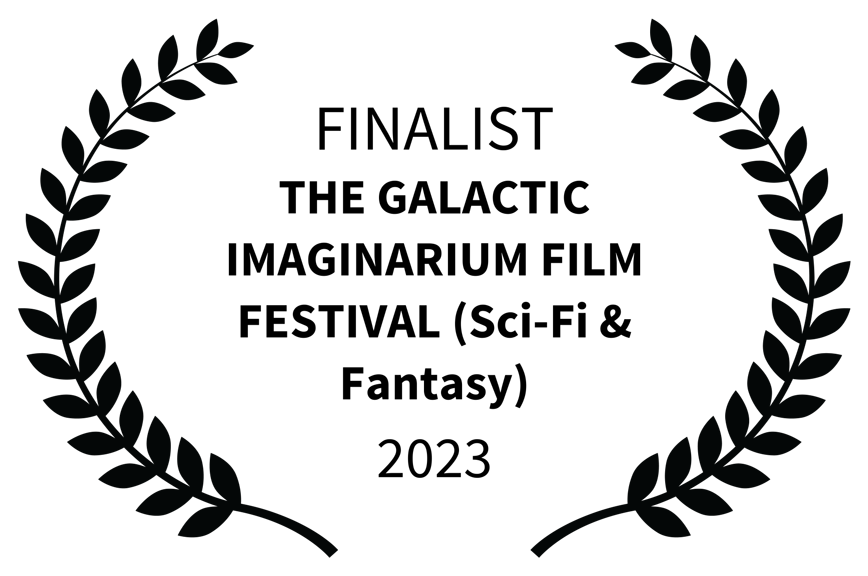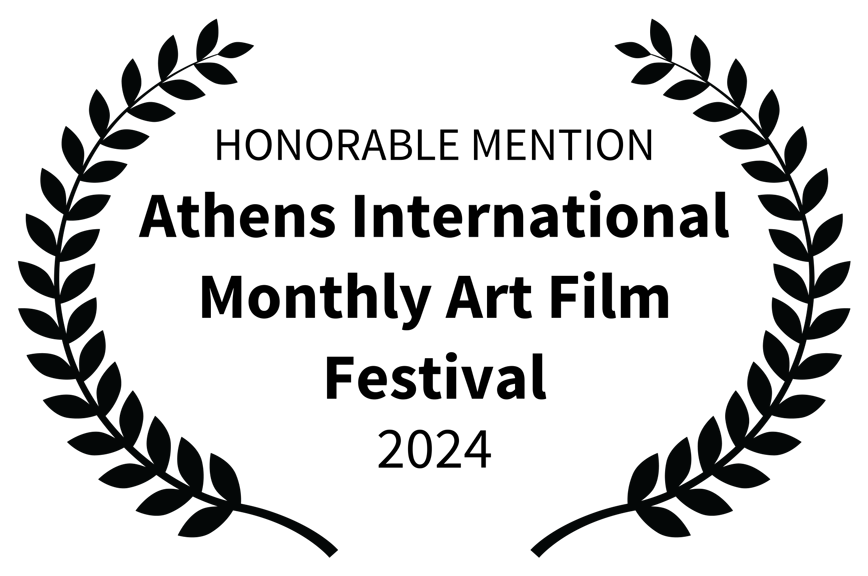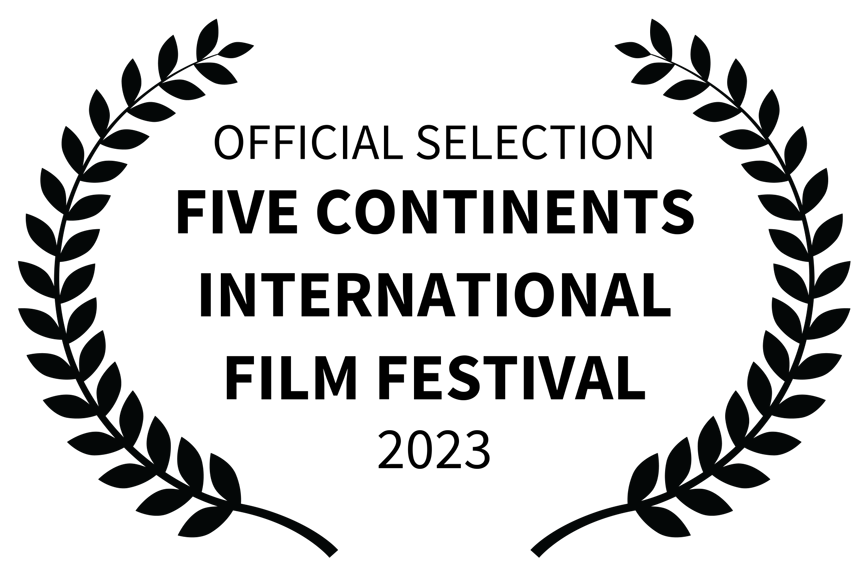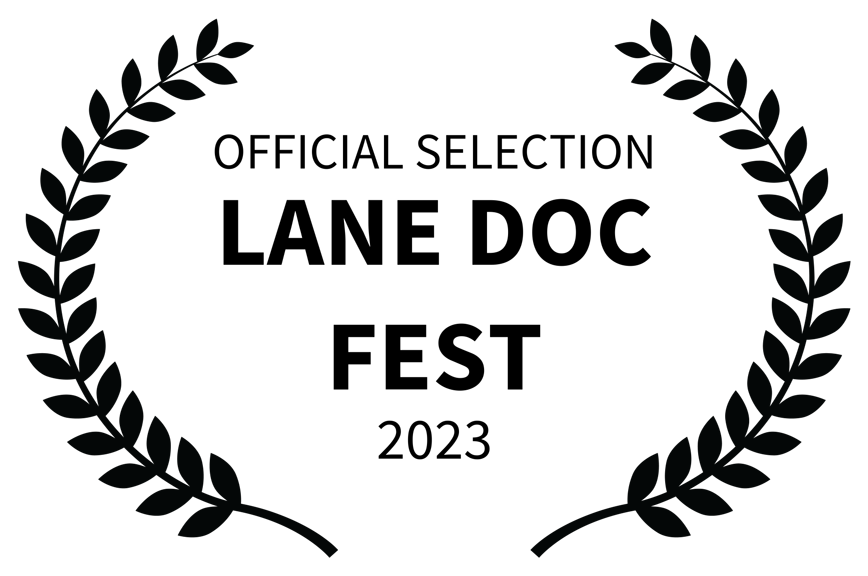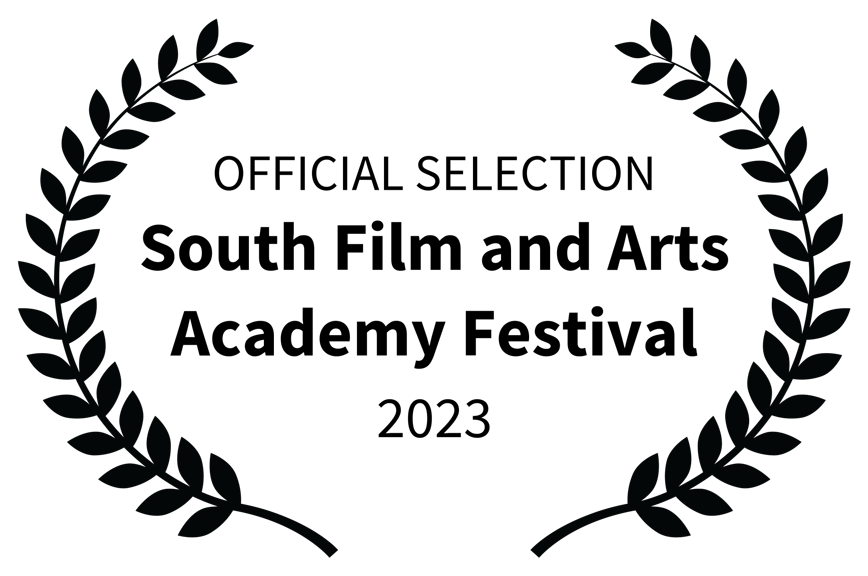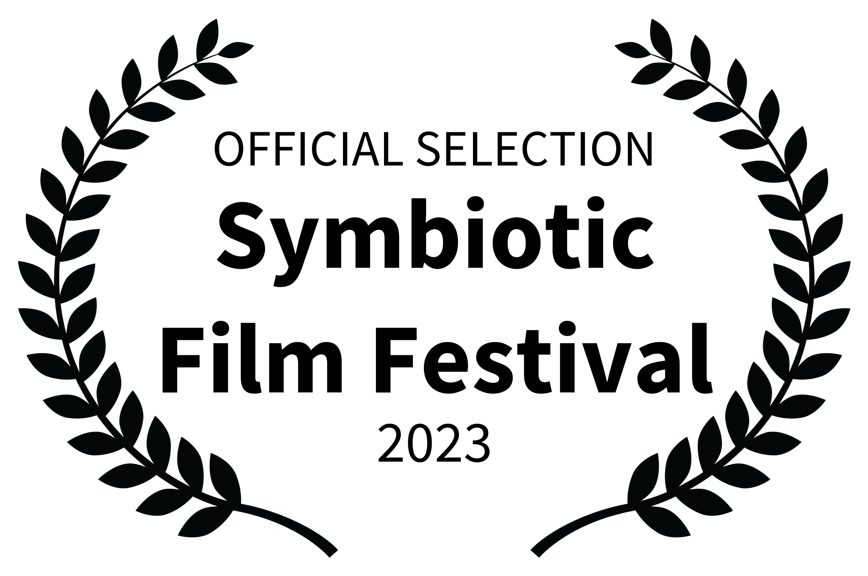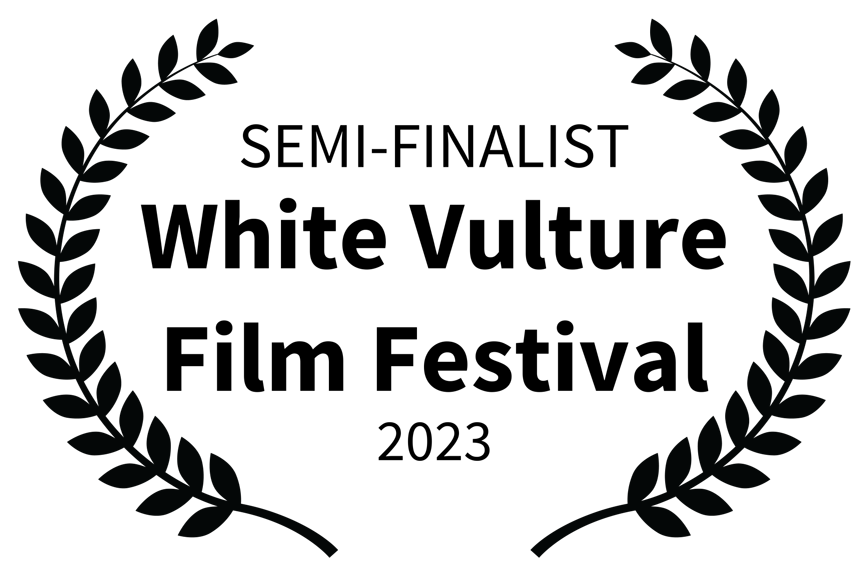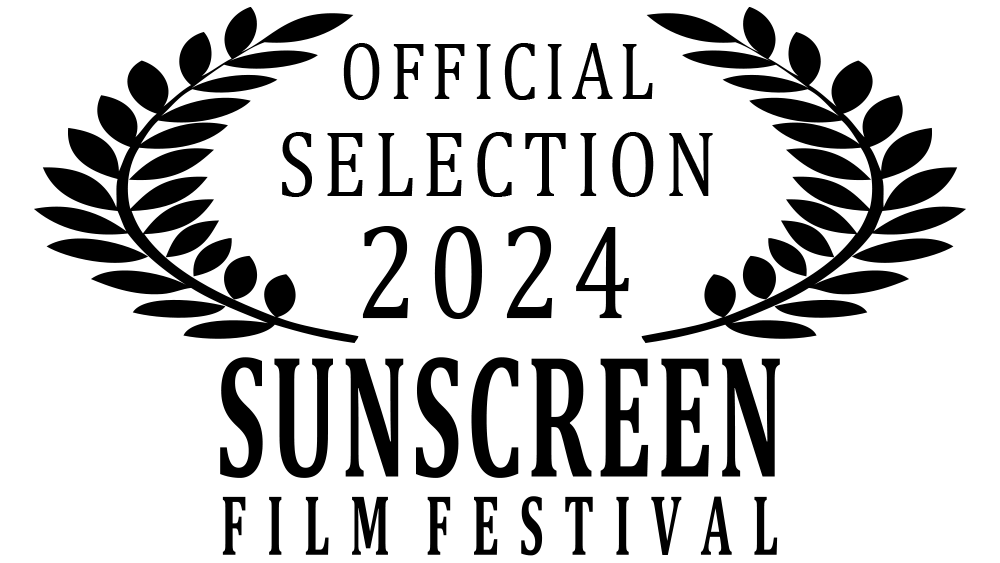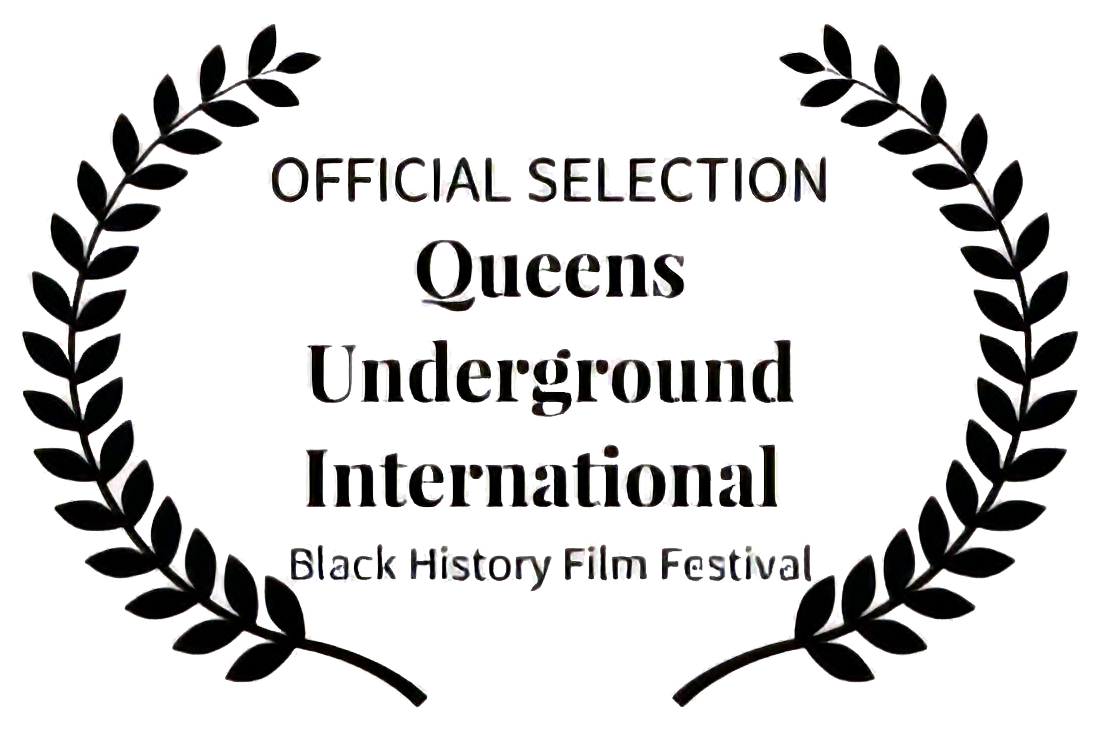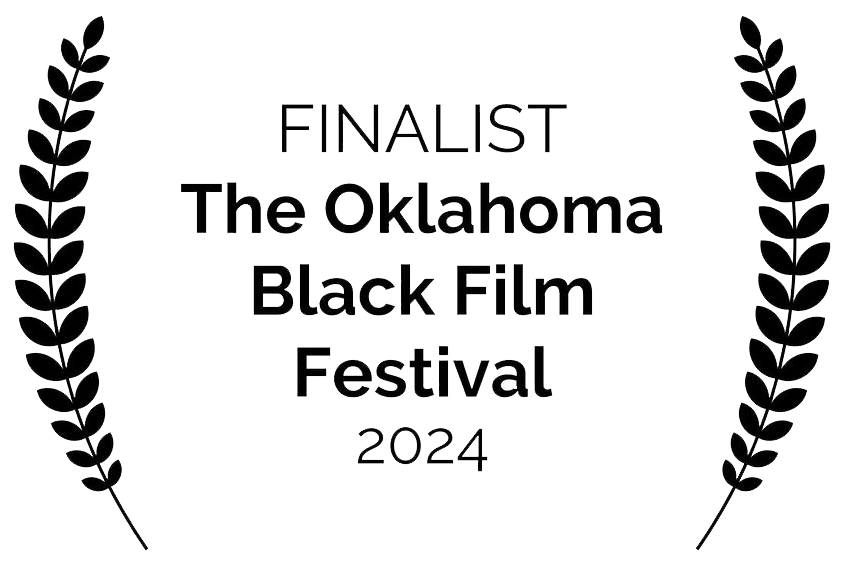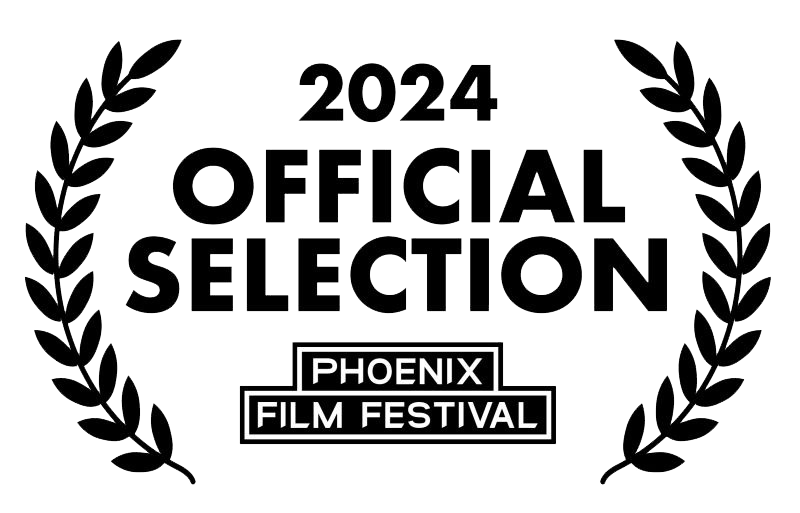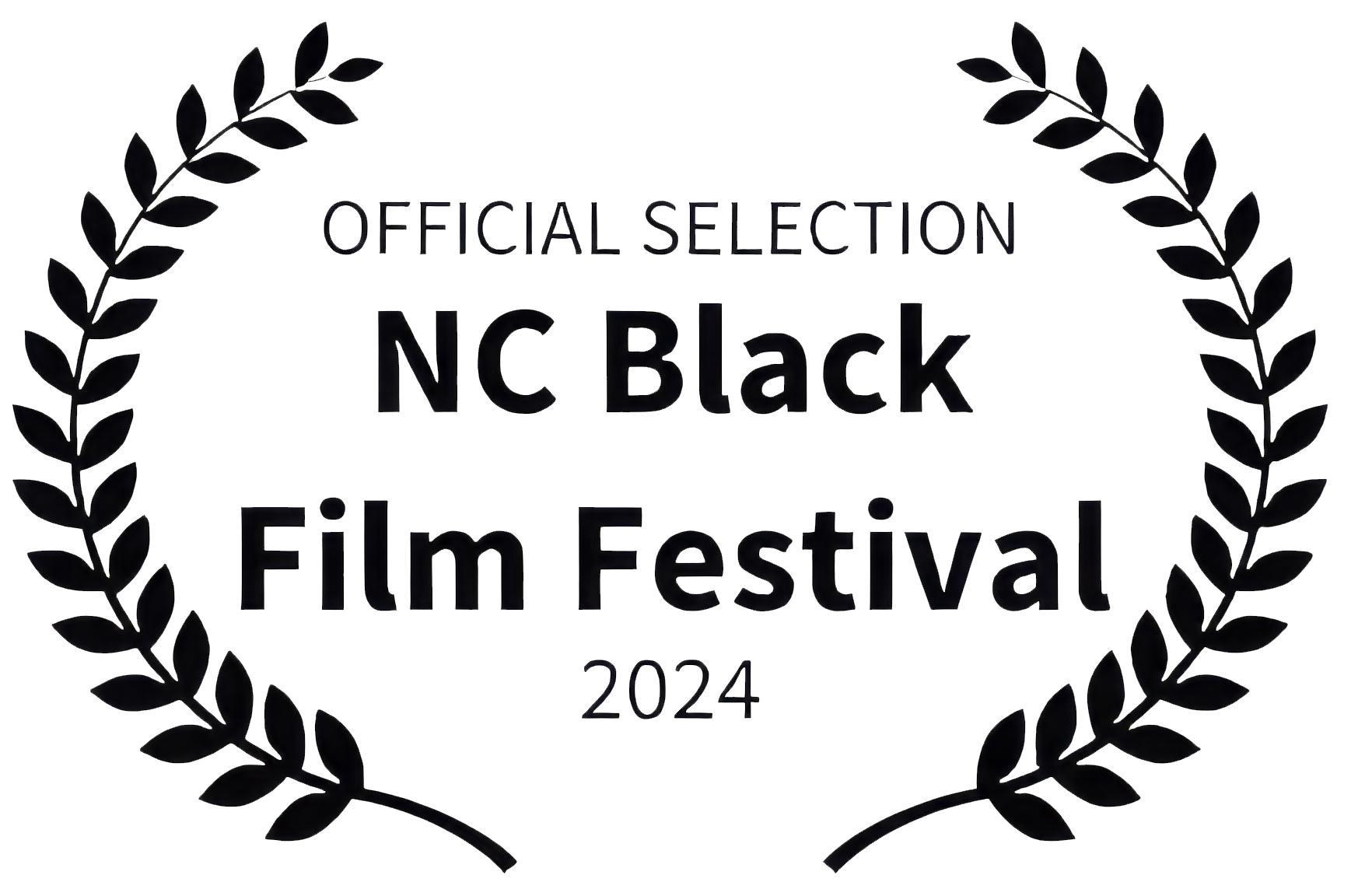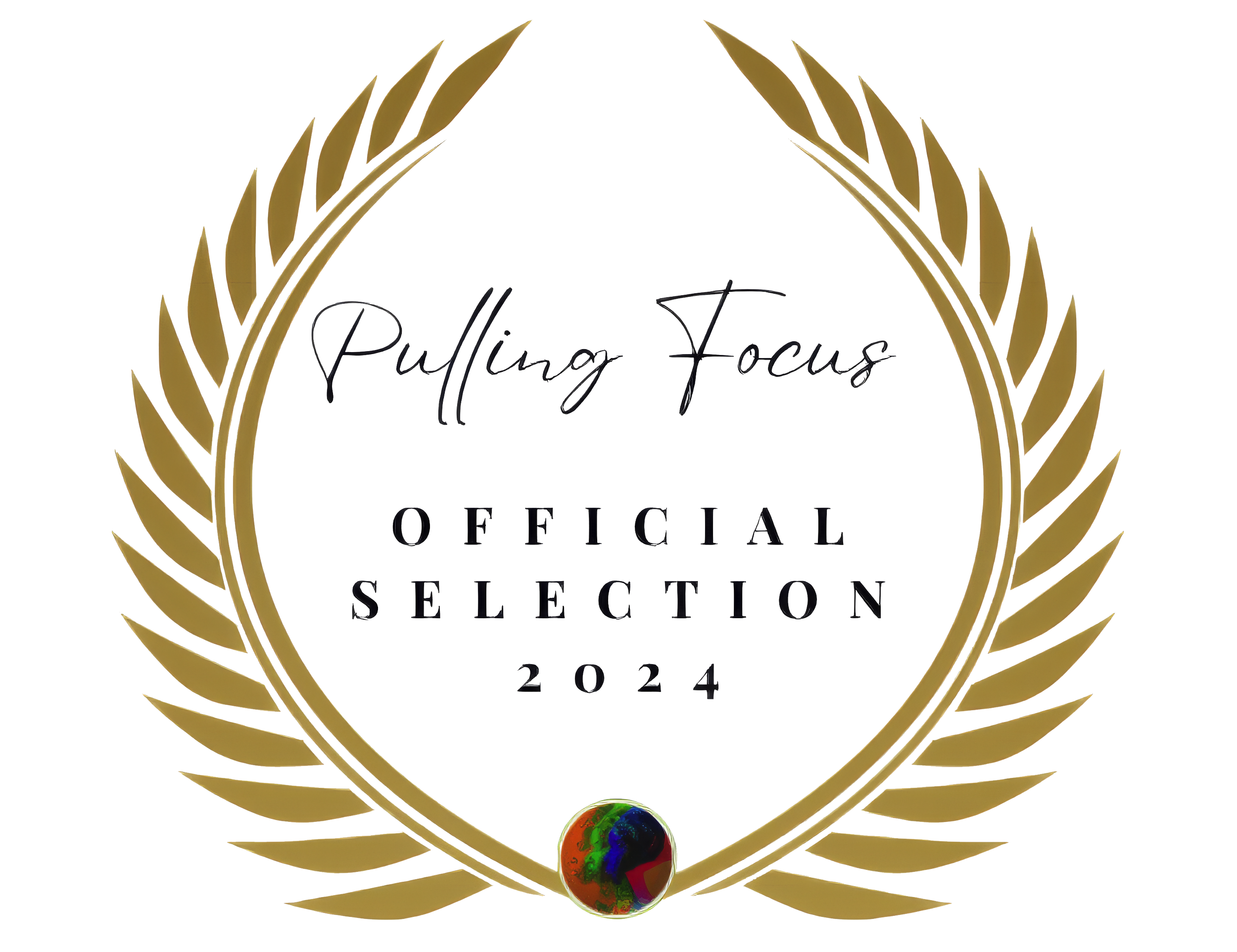Safecracker (or the Sound of Music at 3:30 AM)
/[The following post refers to “Safecracker,” the Featured Cue for October 2, 2019]
I couldn’t write this piece of music today. Not the way I did seventeen years ago. My body wouldn’t allow it. And, if I’m honest, my ear is much pickier now that I’m older.
The call came on a Wednesday afternoon (let’s say it was a Wednesday; I don’t really remember) in autumn 2002. Episode 8 of The Amazing Race 3 had a problem. And I was the guy who could solve it.
It happens sometimes. In fact, with a show like Race, with production teams spread literally around the world, it’s inevitable. Schedules collide, and there’s a scramble. This particular scramble concerned the Detour for the episode—a choice between Count the Money or Run the Numbers.
In Count the Money, teams had to count a large amount of Swiss currency inside of a jar right next to a safe. In Run the Numbers, teams had to search the streets of Zürich to find three different numbers: the number on the metal head statue on the intersection of Sihlstrasse and Bahnhofstrasse; the sum of the numbers on the north face of a clock on St. Peter’s Church; and the number of trees in the Lindenhof marked with red ribbons. When done correctly, they would find the combination to the safe (127850), which would open the safe that contained the next clue.
All of this action wasn’t working, and they needed music to accentuate certain moments, characterize the safecracking portion of the event, and generally sew everything together as tightly and intensely as possible.
Nearly nine minutes of music. And they needed it by tomorrow.
Mike Post calls situations like these “the 90-mile-an-hour fastball.” As in, “If you can hit the 90-mile-an-hour fastball, kid, you can work in this town.” So I brewed an enormous pot of coffee, fired up the composing workstation, and waited for a runner to deliver the videotape to the studio.
I won’t keep you in suspense, because if you’re reading this you’ve almost certainly listened to the cue: I made it. I got it written, sequenced, tweaked, mixed, output and delivered. And then I collapsed for the rest of Thursday.
Here are some of the takeaways from the experience—stuff I learned during the process and/or pulled out of my existing bag of tricks to get me through it:
Repetition is underrated.
Over the course of this particular cue, I repeated a shocking amount of material. You’ll hear it as you listen. But I’m guessing it doesn’t bother you all that much, because it all makes sense against picture. Every time we return to the safes, as teams try different number combinations to get them open, I trot out the little theme I wrote (at about 6 PM) to play under those scenes. This economy of material alone was probably responsible for me surviving the night. You’ll also hear a few “modulate up a step and repeat” moments that I’m not as proud of writing, but they work with picture. And they bought me a few more seconds of finished score… which is priceless at about 3:30 in the morning.
The progress rate curves upward sharply toward the end.
It makes sense, if you think about it—by the end you’re familiar with the material, the themes are all nicely worked out, you’ve memorized the sound palette for this specific cue and how to use it. Also, you’re in a mild state of panic—very much in “get it done” territory, rather than “get it right” territory. The good news at 5:45 in the morning is that you’re less likely to make the mistakes, or the missteps, you made at 9 PM last night.
The Pareto Principle absolutely applies to scoring.
If you don’t know this one, young composers, you need to learn it right away. Stated simply, it’s that 80% of the effects come from 20% of the causes. In this case, that means that 80% of my composing time was devoted to 20% of the footage. Transitions are notorious time sinks—you’re cruising along, entertaining notions of actually getting some sleep (!), when all of a sudden you’re stuck. You spend 80 minutes on two measures of music, struggling to make a transition (or a particular moment against picture) work.
The one inescapable down side to allnighters…
…isn’t what you think I’m going to say. I actually kind of enjoy that weird, strung-out feeling of sleep deprivation in small doses. It reminds me I’m alive, and doing something urgent rather than just sitting in my studio farting around with cool sounds.
No, the inescapable down side is this: You need your freshest ears for the mix part of the process, and you don’t have them. Not after 12-14 hours straight of composing. Not only is it harder for the brain to “switch hats” from Composer to Mix Engineer (or, if you’re lucky enough to have someone engineering for you, to Producer), your ears are just pinned back against your skull from the hours of bombardment with sound waves. It’s an inevitable side effect of working this way. Everything sounds flat and wrong; the balances sound out of whack because certain frequencies have been ignored by your brain; and it’s nearly impossible to stop thinking about the notes (which you’ve just bled out onto your keyboard and into your workstation) and start thinking about the sound (which is strangely alien now, and wrong! That can’t be what I wrote back at 11:45… can it?).
It’s probably the toughest moment of the whole process—trying to reclaim some objectivity and refresh the ears. Regardless of the deadline, which by now is like a Mack truck barreling toward your studio with no brakes, it’s time to take a moment, step back, maybe have that seventh cup of coffee (or maybe not—at this point I find hydration is the issue, and I generally switch to water), and re-focus. Breathe. And, counter-intuitive as it may seem, slow everything down. Make haste slowly, as the saying goes.
I could write more—I’ve wanted to write about this experience ever since it happened, but am only now getting around to it—but I think you get the idea. I’ve had tough assignments since then, but this was the first one for a network show, and the fact that everyone liked the result means it was all the more permanently etched into my brain. I hope you enjoy the cue. It’s one I’ve listened to maybe half a dozen times in the years since, and it always makes me smile. And shudder a little, as I remember how young I was, how over-caffeinated I was, and how I had to manage all those panic chemicals pumping through my brain over the course of one very long night.


